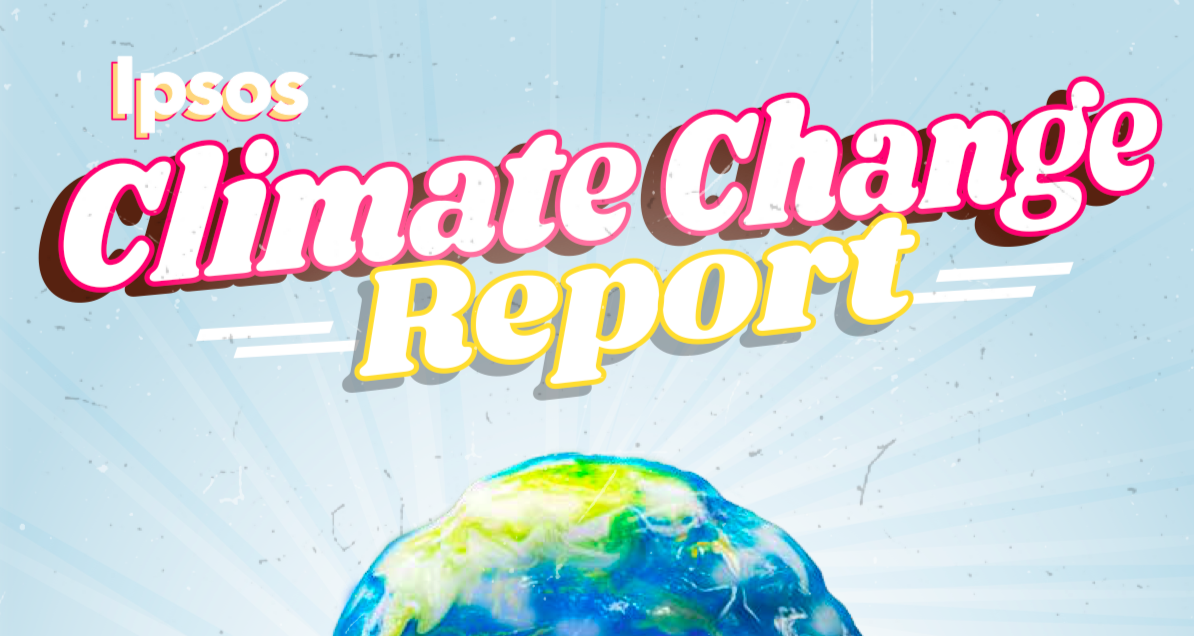2017 saw the debate over the future of Australia’s energy supply remain in the headlines for long periods. The federal government unveiled its key electricity industry policy measure, the National Energy Guarantee (NEG), and a bold new project for the electricity sector, the Snowy 2.0 pumped hydro scheme.
Both the NEG and the massive pumped hydro and power transmission project have drawn fire from large parts of the renewables sector, and they appear to have left the public unimpressed, according the results of the Ipsos Climate Change Survey 2017. Given the level of debated surrounding a Clean Energy Target and then the NEG, Ipsos added questions specifically addressing renewable energy policy to its survey for the first time this year.
And while a Renewable Energy Target beyond 2020 may have fallen out favour among the Turnbull government, 69% of Ipsos survey respondents said they are supportive of the federal government setting target for renewable energy, 32% of which strongly support the move, with only 15% opposing.
53% of people supported states setting renewable targets, while 26% of people surveyed opposed the move. Only 27% of Australians think that leaving renewable development entirely to market forces is the right way to go, while 48% oppose the move.
Looking more broadly towards the federal government’s efforts to combat climate change, Ipsos found that 18% of Australians rate the federal government’s response to climate change as “good” and only 3% “very good”, while 41% believe it has been either “fairly poor” or “very poor”.
At the same time, the survey reveals that more Australians than ever before, or at least since the survey was first conducted in 2010, believe it is the government’s responsibility to take action on climate change. While only 5% believe that business should be mainly responsible for tackling climate change, 41% believe it is federal government’s job. 7% of people believe action is down to individuals and their families.
The 2017 Ipsos result again confirmed that renewable energy is the top priority environmental issue for Australian’s in 2017. 56% of people believe that renewable energy is the most important “issue for action”, followed by water and river health, illegal waste dumping, deforestation, and sustainability and climate change.
Australians living outside of the capital cities are more likely to identify renewables as a key issue – 62% for the “rest of Australia” versus 53% for capital city residents.
“Australians see the Federal Government as mainly responsible for action on climate change and furthermore, are supportive of the Federal Government setting a national target for the proportion of energy generated from renewable sources,” wrote the Ipsos survey report authors. “Although we see business and industry as being responsible for many of the processes that cause climate change, we do not see it as the key party to take action. This makes climate change action policies all the more critical in the eyes of the community.”
Ipsos surveyed 1,023 people for, with results weighted to reflect the Australia’s population demographics. The Climate Change Survey 2017 was released last week.
This content is protected by copyright and may not be reused. If you want to cooperate with us and would like to reuse some of our content, please contact: editors@pv-magazine.com.









By submitting this form you agree to pv magazine using your data for the purposes of publishing your comment.
Your personal data will only be disclosed or otherwise transmitted to third parties for the purposes of spam filtering or if this is necessary for technical maintenance of the website. Any other transfer to third parties will not take place unless this is justified on the basis of applicable data protection regulations or if pv magazine is legally obliged to do so.
You may revoke this consent at any time with effect for the future, in which case your personal data will be deleted immediately. Otherwise, your data will be deleted if pv magazine has processed your request or the purpose of data storage is fulfilled.
Further information on data privacy can be found in our Data Protection Policy.